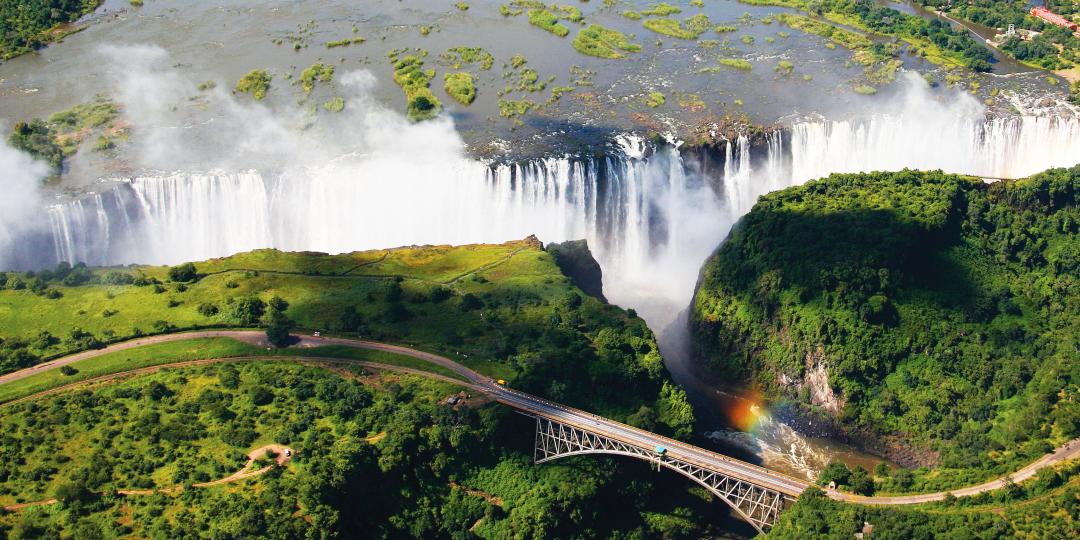As Zimbabwe’s national government works to prevent increases in inflation and a shortage in fuel, food and foreign currency, the tourism industry continues to thrive.
Despite wide reports of a worsening situation in the country, key players in the trade have told Tourism Update that the industry is continuing with a ‘business as usual’ approach, hoping to reassure prospective travellers that their trip will not be affected. The first message the trade wants to send is that all is well. Gavin Rennie, Director of Off2Africa, a Zimbabwe-based DMC, notes: “The current economic challenges Zimbabwe is experiencing affects the citizens living here and not tourists. We are hopeful that this will be short-lived. This should not dissuade anyone from travelling.”
Ross Kennedy, CEO of Africa Albida Tourism (AAT) says he is not anticipating any problems over the high season, and that tourists should be ready for a wonderful experience in Zimbabwe.
Kennedy says food shortages across the country should not have affected the hotel industry. Additionally, with the arrival of the high season, Kennedy gives the assurance that “any operator ‘worth their salt’ in the hotel industry took pre-emptive measures regarding supply and stocks, and should not have been affected by any shortages”. He says that at AAT, for example, the procurement department has three months back-up of supplies of key commodities, and open lines to source for ongoing supply.
Rennie says because a number of properties earn foreign currency from tourism, they are able to import supplies in foreign currency. “Short shelf-life or fresh produce prices have increased due to the recent economic challenges so this is where the hotel industry will feel cost rises.”
In terms of foreign currency, the trade has been recommending tourists to bring small denomination US dollar notes for a number of years already. This has not changed and Rennie adds: “Foreign credit cards (Visa and MasterCard) payments are widely accepted and easily made in Victoria Falls and the main cities and towns.” Kennedy says this situation has not worsened, in his experience. He continues to recommend small notes for incidentals, gratuities and curios. He also suggests carrying two types of international credit cards.
Rennie further recommends that trade partners and travellers should try, as much as possible, to pre-pay for items on their itineraries. He suggests that things like park fees, activities and transfers can be paid for in advance. “Travelling with some US dollars in cash is always an advantage and most things are surprisingly available when foreign notes are presented.”
While the government continues to assure citizens that a fuel crisis is not imminent, reports of growing queues at fuel stations continue to do the rounds. However, the tourism industry is working to prevent any effect on their clients. Kennedy says: “Whilst there have been some fuel queues for the public in Victoria Falls, most operators in the sector have their own stocks or contracted, prepaid suppliers.” Rennie reiterates this. “Well-established tourism operators have small reserves of fuel so they won’t immediately be affected by shortages.” He also notes that car-hire companies like Europcar, Zimbabwe Car Hire and Avis, have fuel reserves at their depots in major hubs like Harare, Bulawayo and Victoria Falls, and “they are also making provisions to carry additional fuel”.
Rennie advises that local DMCs are best placed to assist: “Rely on your local travel agent/tour operator who has a relationship with in-country DMCs for the latest updates and information. If self-driving, maps are easily available, ask about fuel availability updates and any other information.”
Finally, Rennie says: “It is the tourism dollar that is supporting a significant number of Zimbabwean communities, so simply travelling to Zimbabwe is already making a big difference to many lives.”
























